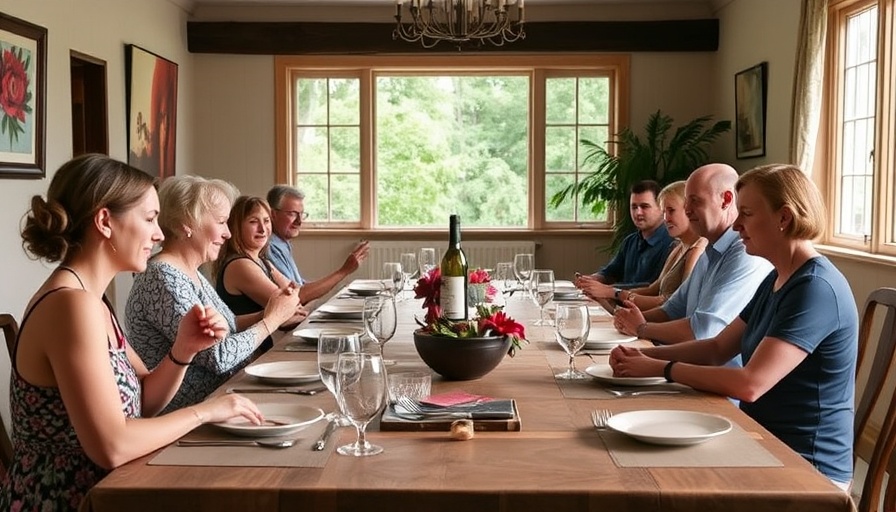
Understanding the Generational Divide in Wellness Perspectives
In the realm of wellness, the approach to practices like meditation can vary widely between generations. Recent discussions have brought this divide into sharp focus, especially in light of personal experiences shared by individuals like Lizzie and Richard. Lizzie, a 29-year-old teaching assistant, had a tumultuous journey with meditation, feeling it often crossed the line into something harmful. On the other hand, Richard, a 55-year-old teacher, views meditation as a valuable life skill that promotes mindfulness and personal growth. This difference in perspective illustrates how various life stages and experiences inform our relationship with health and wellness practices.
The Call for Quality Control in Meditation Practices
One of the significant concerns echoed by Lizzie is the lack of quality control surrounding meditation programs and retreats. While meditation has been found beneficial for many, particularly in reducing stress and promoting well-being, it's crucial to address the adverse effects some individuals may face. Lizzie points out that data indicates certain mindfulness interventions do pose risks, particularly for more vulnerable populations such as young people. This calls for a conversation about having appropriate safeguards and quality standards in wellness programs that prioritize participants' mental and emotional health.
Mindfulness: A Double-Edged Sword
Richard believes that mindfulness, when introduced in manageable doses, can act as a tool for personal development and emotional resilience. He explains that while short, informal mindfulness practices can easily be integrated into daily life, intensive meditation retreats present a different challenge altogether. The dichotomy between experiences like Lizzie’s—where meditation led to significant distress—and Richard’s uplifting encounters highlights the necessity for a balanced view. It's essential to recognize that what works for one person may not work for another, and understanding this nuance is key to promoting health and wellness.
Overcoming Misconceptions About Meditation and Retreats
Many people harbor misconceptions about meditation, often viewing it as either a miraculous solution to various mental health challenges or as a potentially harmful endeavor. This binary thinking can inhibit individuals from exploring the topic properly. The experiences of Lizzie and Richard challenge these misconceptions, urging us to consider the spectrum of meditation’s impact—both positive and negative. Instead of dismissing or wholly embracing meditation, it's vital to foster open conversations about its multiple perspectives and promote an inclusive dialogue about wellness practices.
Looking Ahead: The Future of Wellness Conversations
As we navigate the evolving landscape of wellness, it’s clear that mindful discussions on the practices we adopt are essential. Whether in the context of meditation, yoga retreats, or other wellness journeys, being informed is about understanding the complexities involved. With a focus on education, sharing personal experiences, and advocating for improvements in the quality of wellness programs, we can create environments that truly promote optimal health and well-being for all. The ultimate goal is not just to engage in practices that heal but to ensure that everyone can participate safely and beneficially.
Why Community Matters in Health and Wellness
In today's world, fostering a sense of community plays a critical role in promoting health and wellness. Participating in group activities, sharing experiences, and supporting one another in our journeys can significantly enhance the benefits of wellness practices. As we learn from Lizzie and Richard's differing views, it becomes evident that dialogue and support amongst community members can help bridge gaps and bring diverse perspectives to light. This ensures that wellness becomes a collective journey where everyone’s voice is valued and heard.
 Add Row
Add Row  Add
Add 




 Add Row
Add Row  Add
Add 


Write A Comment